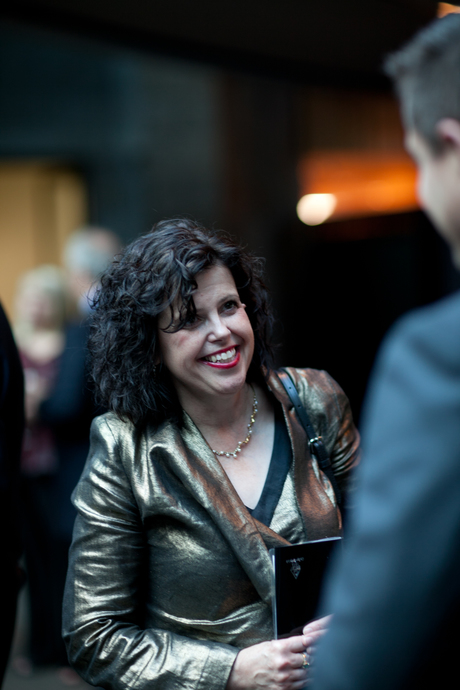Philanthropy, advocacy and vision

Four public organisations have joined forces to take an international approach in health and medical research advocacy.
Research Australia has formed an international alliance with three health research advocacy groups - Research!America, Research Canada and Research Sweden - with the aim of progressing advocacy for health and medical research.
The four organisations represent the broader medical research community in their respective countries - research organisations, academic institutions, philanthropy, community special interest groups, peak industry bodies, biotechnology, medical technology and pharmaceutical companies, small businesses and corporations.
“The four CEOs met physically for the first time,” said Elizabeth Foley, Chief Executive Officer of Research Australia. “The international alliance will support Research Australia in its work and provide a way for the organisation to guide policy at the table with others from around the world.”
Modelled on Research!America, Research Australia came out of the Will’s Report on health and medical research and was established in December 2000. As well as providing a voice for the medical research community, Research Australia has the broad remit of working towards making health and medical research a higher national priority through increased funding - government and philanthropic - and engaging with the general public.
Enhancing collaboration
One of Research Australia’s strategic imperatives is to enhance collaboration as a sector. Collaboration between researchers and across disciplines, between research institutes, patient groups, public and private philanthropy, government departments as well as nationally and internationally.
“Being part of the alliance broadens the conversation so we find out about funding opportunities and bring these to the attention of research scientists,” said Foley.
The alliance will also facilitate research collaborations. Foley cited melanoma research as an example of this, saying that advocacy groups in the US that are keen to fund melanoma research. In the US, melanoma affects a relatively low proportion of the population. The proportion of people affected by melanoma in Australia is higher than anywhere else in the world - more than 12,500 Australians are diagnosed with melanoma each year - and the amount of research being conducted into this disease is proportionally higher.
The newly formed international alliance povides an opportunity for melanoma researchers in Australia to connect with these advocay groups.
Cultural differences
Health and medical research expenditure as a percentage of GDP is about 0.38% in Australia, 0.44% in Canada, 0.68% in Sweden and 0.9% in North America.
According to Foley, this spending is about the same in each country from a government point of view, but it is higher in the US because of the greater philanthropic and business investment in the sector.
“If you dig behind the numbers you get a better understanding of each country,” said Foley. “A key benefit of this alliance, which involves sharing our strategies and approaches, is understanding how other health frameworks are carried out.”
This understanding will enable the organisations to support each other in making health and medical research a higher national priority, such as identifying ways to attract further philanthropic investment in the sector.
So do we have a strong philanthropic response in Australia? Foley said it is not explicitly stated when you look at the figures.
The breakdown of support is 61% from the federal government, 15% from state governments, 19% from business and 5% from other, which can be assumed to be philanthropy. In the US, the ‘other’ category sits at 11.2% - quite a big difference.
But there are cultural differences between Australia and North America that may help explain this. As Foley pointed out, wealthy or high-net-worth individuals who have come out of Australia’s convict heritage have done so through “the wool off the merino’s back”, whereas in America powerful families and ‘big’ philanthropists like the Rockefellers and Gates arose out of the Industrial and IT Revolutions.
There are cultural differences between other countries too. Foley pointed out that North Americans are more into “giving while living” and having their names in lights. Australians prefer to be anonymous about their donations, whereas in the UK people donate after death leaving bequests.
The UK is not part of the alliance. Foley said she discussed this with the Wellcome Trust, a megacharity ($16 billion fund) focused on health improvements internationally, and they confirmed there was no real equivalent in the UK. However, New Zealand is considering setting up Research New Zealand.
The alliance will be evaluated after two years to identify the benefits gained from the partnership.
Mini lung organoids could help test new treatments
Scientists have developed a simple method for automated the manufacturing of lung organoids...
Clogged 'drains' in the brain an early sign of Alzheimer’s
'Drains' in the brain, responsible for clearing toxic waste in the organ, tend to get...
World's oldest known RNA extracted from woolly mammoth
The RNA sequences are understood to be the oldest ever recovered, coming from mammoth tissue...





